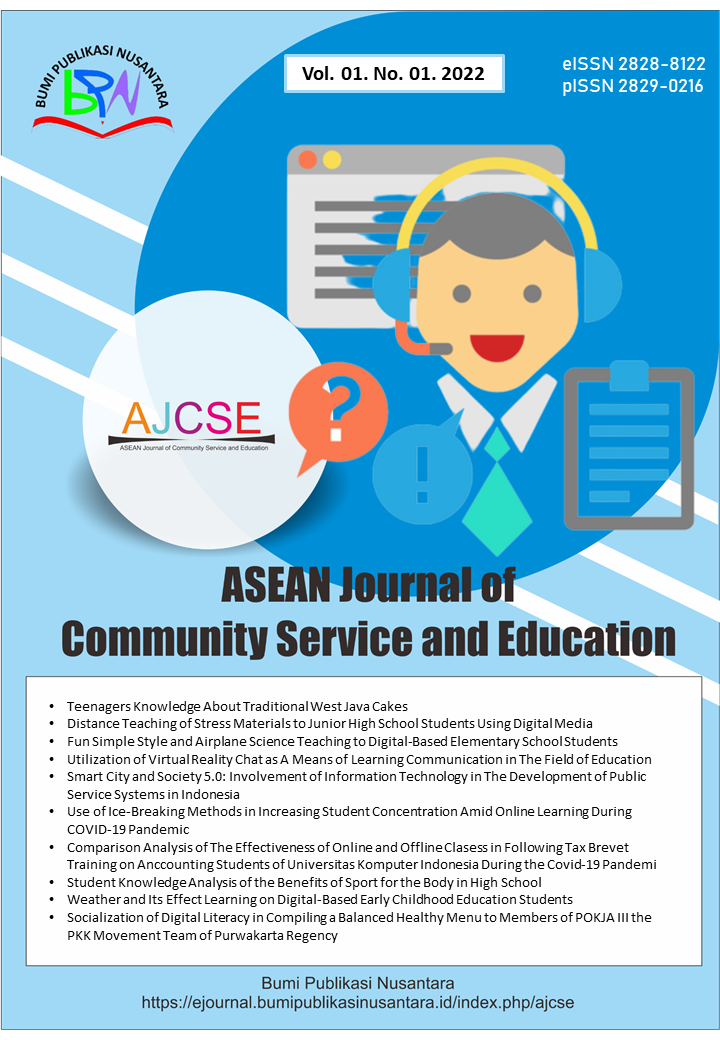Unveiling the Journey of Overseas Filipino Workers: Interview Analysis for Education
 ), Alecshane Mae M. Pablo(2), Chrissie Dyanne D. Pamplona(3), Ryzl S. Quilaton(4), Mary Grace L. Uy(5), Amera C. Malaco(6),
), Alecshane Mae M. Pablo(2), Chrissie Dyanne D. Pamplona(3), Ryzl S. Quilaton(4), Mary Grace L. Uy(5), Amera C. Malaco(6),
(1) Sultan Kudarat State University
(2) Sultan Kudarat State University
(3) Sultan Kudarat State University
(4) Sultan Kudarat State University
(5) Sultan Kudarat State University
(6) Sultan Kudarat State University
 Corresponding Author
Corresponding Author
Abstract
Keywords
References
Amit, A. M. L., Pepito, V. C. F., Sumpaico-Tanchanco, L., and Dayrit, M. M. (2022). Covid-19 vaccine brand hesitancy and other challenges to vaccination in the Philippines. PLOS Global Public Health, 2(1), e0000165.
Cocjin, J. C. (2021). The social construction of reality among professional overseas Filipino workers (OFWs) in Thailand. Asian Journal of Research in Business and Management, 3(3), 170-185.
Hall, B. J., Garabiles, M. R., and Latkin, C. A. (2019). Work life, relationship, and policy determinants of health and well-being among Filipino domestic workers in China: A qualitative study. BMC Public Health, 19(1), 1-14.
Lorenzo, F. M. E., Galvez‐Tan, J., Icamina, K., and Javier, L. (2007). Nurse migration from a source country perspective: Philippine country case study. Health Services Research, 42(3p2), 1406-1418.
Yang, D. (2006). Why do migrants return to poor countries? Evidence from Philippine migrants' responses to exchange rate shocks. The Review of Economics and Statistics, 88(4), 715-735.
Article Metrics
Abstract View : 9619 times
: 9619 times Download : 8970 times
Download : 8970 times
Refbacks
- There are currently no refbacks.
Copyright (c) 2022 Bumi Publikasi Nusantara

This work is licensed under a Creative Commons Attribution-ShareAlike 4.0 International License.







